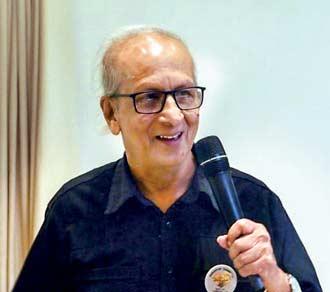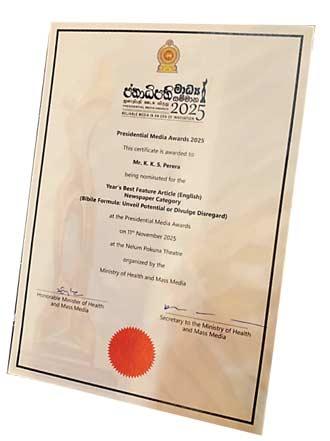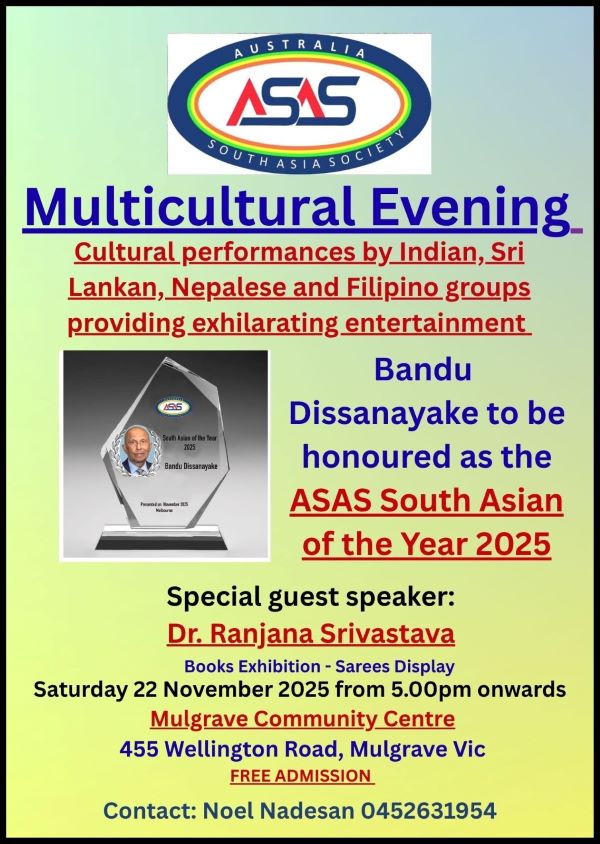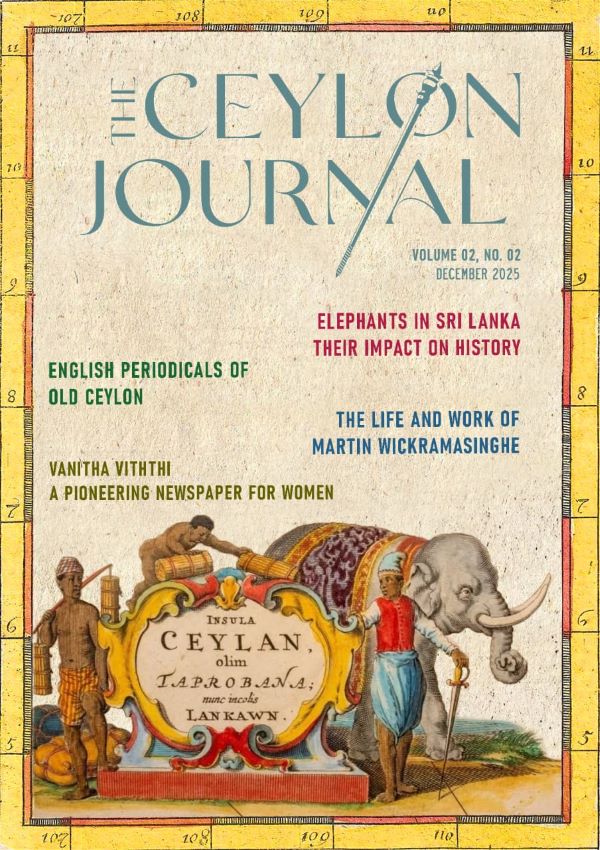Big pharma exposure that earned media nomination! – By K K S Perera
Source : dailymirror.lk
 I’m incredibly proud to be working for Daily Mirror! What an honour that out of eleven English newspapers and hundreds of writers, two from our paper, including myself, were nominated for Best Feature Article of the year, with my colleague triumphantly winning the award at last week’s Presidential Media Awards. It’s truly a momentous achievement for our team!
I’m incredibly proud to be working for Daily Mirror! What an honour that out of eleven English newspapers and hundreds of writers, two from our paper, including myself, were nominated for Best Feature Article of the year, with my colleague triumphantly winning the award at last week’s Presidential Media Awards. It’s truly a momentous achievement for our team!
In the wake of these developments, I was invited to address a writers’ group meeting last weekend on the craft of newspaper feature writing and my ongoing research into Professor Bibile and the pharmaceutical cartel. I don’t pretend to be an academic expert in journalism, but fifteen years of working alongside seasoned senior editors and feature editors has provided me with practical insights I was privileged to share.
I now share with readers the key insights from that talk: practical wisdom forged in the trenches of daily journalism.
The Short-listed Article: “Bibile Formula: Unveil Potential or Divulge Disregard”
As a regular guest columnist for the Daily Mirror, I frequently expose the powerful influence and corrupt practices of “Big Pharma”, or the MULTINATIONAL pharmaceutical mafia, by writing fourteen articles over eleven years; EXPOSING unethical practices, manipulation of drug prices, promotion of substandard or unnecessary high-priced products, and bribing medical professionals undue influence on transnational pharmaceutical companies and on health policies in Sri Lanka and other third-world nations.
“I am a strong advocate for implementing the national drug policy proposed by the late Professor Senaka Bibile, designed to provide essential, affordable medicines through generic names and market regulation. My writings have also explored the widely held conspiracy theory that the “Pharma Mafia” orchestrated Prof. Bibile’s mysterious death in 1977 because his policies directly threatened their lucrative business interests.
President Maithripala Sirisena and Health Minister, Dr. Rajitha Senaratne, along with subsequent administrations, have had a golden opportunity to present the long-delayed National Medicinal Drugs Policy (NMDP) to relevant authorities—a policy deliberately sabotaged under previous regimes. As the third world’s abject poor commemorate this visionary on his 95th birth anniversary each February 13, the question remains: why does this life-saving policy languish unimplemented? Bibile’s revolutionary policies were crushed under brutal pressure from the USA and European nations upon which post-1977 governments became shamefully dependent. Insiders reveal a chilling encounter: in 1976, the US Ambassador to Sri Lanka confronted Premier Sirimavo Bandaranaike with a stark ultimatum—scrap the Bibile policy and import thousands of drugs from transnational corporations, or face complete aid cutoff. Trapped by economic dependency, the Premier had no choice but to capitulate.
She summoned Prof. Bibile to Temple Trees. Walking there with his faithful pupil, Dr. Kumaraiah Balasubramanium, who had worked alongside him for over twenty years, the Professor uttered prophetic words: “We are finished.” Heartbroken and defeated, Bibile resigned from the SPC and left for British Guyana; now a broken man, accepted a UN assignment introducing his revolutionary programme to other third-world nations, nations that would benefit from what his own country had been forced to abandon.” : 6 February 2015-D/Mirror
My nominated feature article urgently advocates for Professor Bibile’s visionary drug policy, inexplicably delayed for decades despite proven global success. The piece critiques superficial administrative changes at the State Pharmaceuticals Corporation, arguing genuine reform requires adopting the Bibile Formula. Drawing on authoritative works by Peter C. Gøtzsche and Dr. Marcia Angell, I expose how “Big Pharma” prioritises profits over patient welfare through manipulative practices, misleading commercials, biased trials, and aggressive marketing.
Inverted pyramid structure and news elements
Newspaper articles follow the inverted pyramid structure, where the most important information appears in the first paragraph. As the article progresses, details decrease in importance. This design allows editors to cut from the bottom without losing essential information, ensuring readers grasp the main story even if they only read the opening paragraphs.
Every newsworthy article must focus on at least one of six core elements: timeliness (current, recent events), proximity (geographic or emotional closeness to the audience), prominence (involvement of famous or important people), consequence (significant impact on readers’ lives), human interest (emotional appeal and relatability), and conflict (tension, controversy, or opposing forces).
The key principle is that writers must focus their articles on one or more of these elements. Stories lacking these qualities, such as mundane daily activities with no broader significance, are not newsworthy and shouldn’t be written. The elements serve as filters to determine what makes a story worthy of publication and reader attention. The Importance of Thorough Research in Feature Writing: Thorough research forms the foundation of compelling, credible journalism. Before writing any article, I’ve learned to read available articles on the same topic. This isn’t merely about gathering information; it’s about understanding existing coverage and discovering how to make my piece genuinely unique.
Deep research reveals what I know and, more importantly, what I don’t know about a topic. This honest assessment prevents unwarranted confidence where knowledge has gaps. The process improves my understanding and generates better, more nuanced thoughts that help my writing stand apart.
Professor Bibile
Professor Bibile’s pioneering vision transformed global healthcare policy. His groundbreaking contributions—the Ceylon Hospitals Formulary (1958), essential medicines lists, bulk procurement of raw materials, generic prescribing, and centralised quality control, represented a holistic paradigm shift. When presented at the 1976 UN Conference, his model earned WHO endorsement and inspired over 100 countries to adopt similar policies by 2000. Yet tragically, Sri Lanka itself has abandoned its own visionary legacy.
Today, despite economic crisis and collapsing healthcare infrastructure, our market remains deliberately flooded with unnecessary medications, dangerous counterfeits, and extortionately overpriced drugs. The question demands an answer: Why have successive Sri Lankan governments systematically failed to implement the Bibile Policy? The answer is stark, political corruption, entrenched influence from high-ranking Health Ministry officials, and alleged bribes from multinational pharmaceutical cartels have successfully obstructed its passage for decades. Special interests have triumphed over the fundamental right of our population to affordable, quality healthcare. This is not mere policy failure; it is a betrayal.
HOW TO BEAT THE MAFIA: Minister Dr. Nalinda Jayatissa represents our sole opportunity to break free from a destructive status quo. He must act now, swiftly and decisively, while political will remains strong. History proves that governments abandon reform as elections loom. The window for transformative change is open today, not tomorrow. Bold action now could drastically slash dollar expenditure on health while protecting our population from unnecessary drug consumption and harmful after-effects, consequences of the predatory alliance between multinational pharmaceutical cartels and SOME unethical medical professionals who prioritise profit over patient welfare. The time to dismantle this system is now, before vested interests reassert their grip and another opportunity is lost.
(The writer can be reached via kksperera1@gmail.com)























